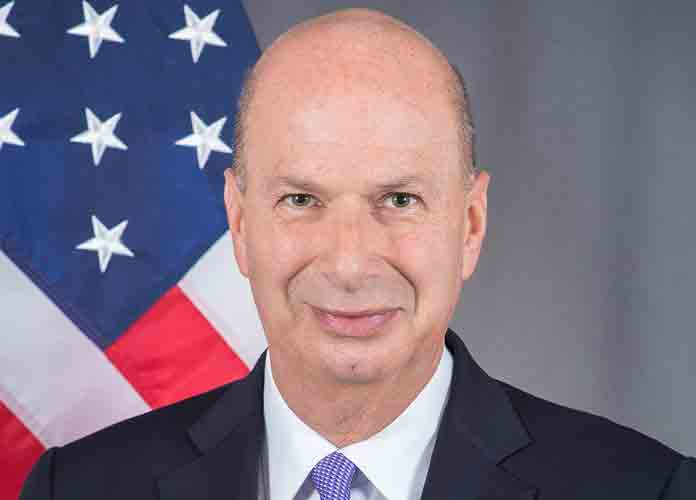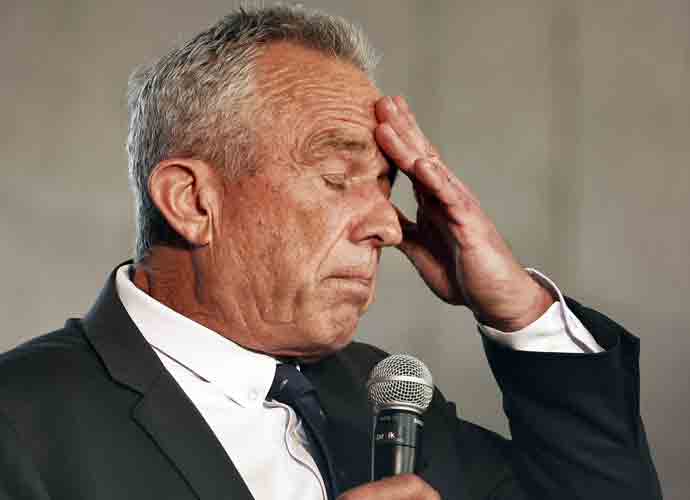Gordon Sondland Admits He Played Key Role In Trump-Ukraine Quid Pro Quo
Gordon Sondland, the U.S. Ambassador to the European Union, updated his congressional testimony on Tuesday by confessing to having played a major role in the quid pro quo between President Donald Trump and Ukraine’s leader over the summer.
Sondland said he told Ukrainian officials that military aid to the country — which had been approved by Congress — would likely be withheld unless its government pledged to commit to inquiries Trump and his personal lawyer Rudy Giuliani requested into prominent Democrats. Sondland’s testimony revealed several new pieces of information that had not been previously stated last month in a ten-hour deposition. The ambassador to the E.U. said that by early September, he had realized that military assistance to Ukraine and a White House meeting with Ukrainian President Volodymyr Zelensky were dependent on Ukraine vowing to carry out those probes.
Sondland also explained on Tuesday that he had talked about the ties Andriy Yermak, a senior adviser Zelensky, had to the quid pro quo in a meeting with with the Ukrainian leader and Vice President Mike Pence in Warsaw on Sept. 1. Sondland said Pence and Zelensky discussed the U.S.’s decision to withhold military aid to Ukraine in the encounter.
“I said that resumption of the U.S. aid would likely not occur until Ukraine provided the public anti-corruption statement that we had been discussing for many weeks,” Sondland said in his updated testimony, which House impeachment investigators unveiled on Tuesday.
Subscribe to our free weekly newsletter!
A week of political news in your in-box.
We find the news you need to know, so you don't have to.
Huge change it seems.
Amb to E.U. Gordon Sondland updated his statement before Congress to say he now remembers telling top Ukrainian official that country likely would not receive U.S. military aid unless it publicly committed to investigations of Bidens that Pres Trump wanted. pic.twitter.com/iAIioAOxlb
— Yamiche Alcindor (@Yamiche) November 5, 2019
Sondland also said in his new testimony that he considered the suspension of nearly $400 million in military aid to Ukraine to be “ill-advised” and that he was unaware as to “when, why or by whom the aid was suspended.”
Transcripts from Ambassadors Sondland and Volker show the progression of Trump’s efforts to press Ukraine into the service of his own personal political goals, in what Sondland described as a continuum of insidiousness.
Read the transcripts:https://t.co/HqqUNl25H2
— Adam Schiff (@RepAdamSchiff) November 5, 2019
House lawmakers have also called for acting White House Chief of Staff Mick Mulvaney to testify, although he is expected to not comply. Mulvaney famously denied and then confirmed the quid pro quo in a press conference last month, arguing this was a common occurrence and telling reporters to “get over it.”
Get the most-revealing celebrity conversations with the uInterview podcast!








Leave a comment